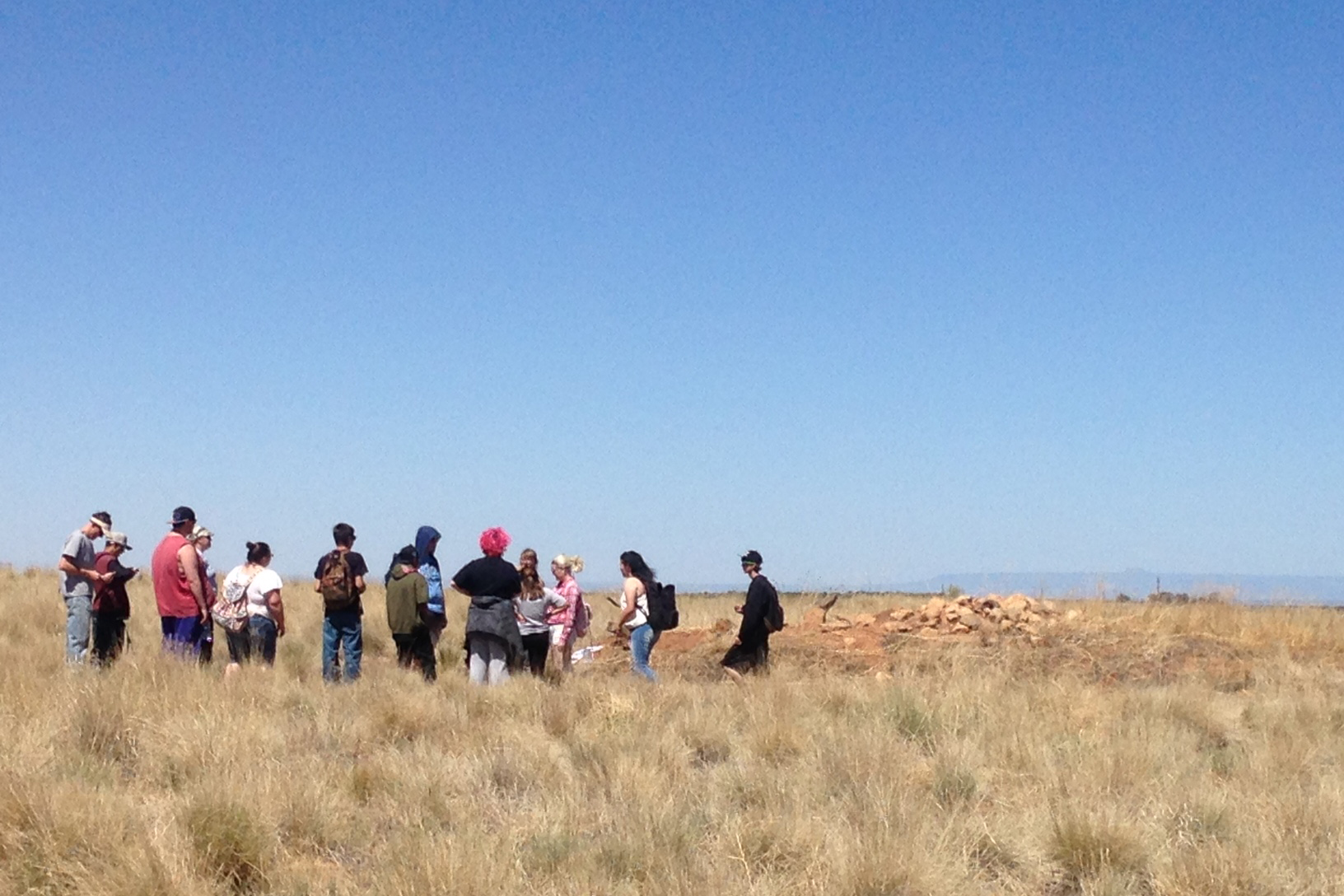About
Southwest Open School (SWOS) is a public charter high school located in Cortez, Colorado.
SWOS was created in 1986 by the Southwest Board of Cooperative Services, with an initial enrollment of 20 students. After reorganization in 1998, SWOS became a charter school with Montezuma-Cortez RE-1 School District serving as its authorizing agent (LEA).
Over the last 30 years, the governing board, administration, and staff have focused on developing a caring community where positive relationships are built to ensure student success. SWOS offers a comprehensive educational program that combines academics, character education and expeditionary learning approaches, and other supplemental programs to nurture the success of the whole student.
The school serves 4 school districts (Montezuma Cortez RE-1, Dolores RE-4A, Dolores County RE-2J & and Mancos RE-6) and attracts a diverse student population. The ethnic breakdown is as follows: 22% Native American, 12% Hispanic, 62% White, and 4% two or more races.
SWOS is a school of choice where students are able to earn a fully accredited high school diploma. Since more than 90% of SWOS students are considered “at-risk,” the school carries the designation “Alternative Education Campus.” At present, enrollment is at 134 students, with a student-to-teacher ratio of approximately 15:1.
Our Mission
The mission of Southwest Open School is to create a community of learners who utilize experiential education in developing and nurturing high academic, character, and health standards while honoring diversity and fostering self-directed lifelong learning.
SWOSology
Southwest Open School is a community where a culture of character is valued and cultivated.

